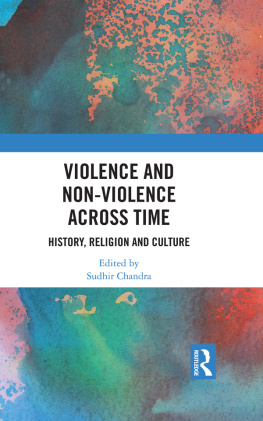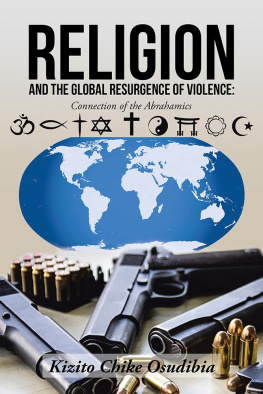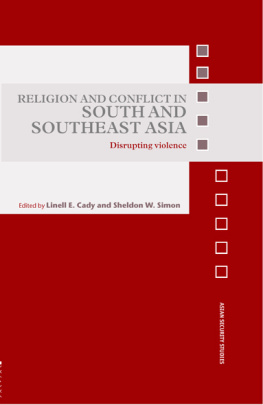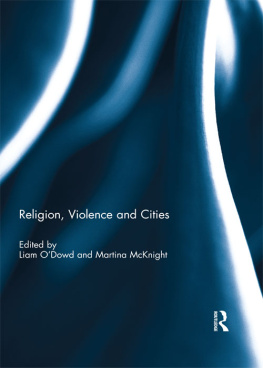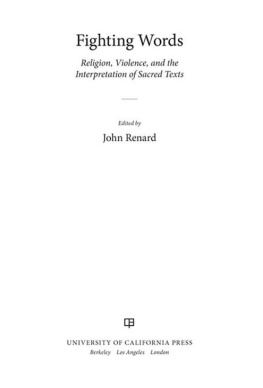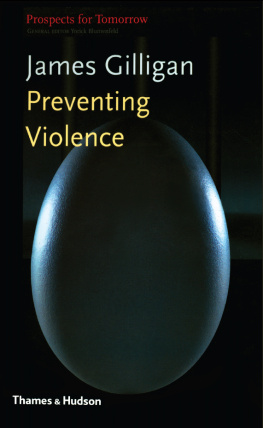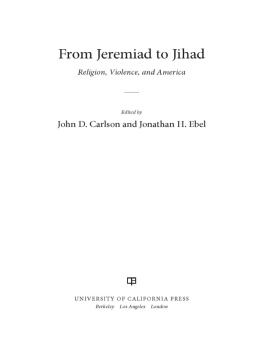Violence and Non-Violence Across Time
This book probes the complex interweaving, across time and cultures, of violence and non-violence from the perspective of the present. One of the first of its kind, it offers a comprehensive examination of the interpenetration of violence and non-violence as much in human nature as in human institutions with reference to different continents, cultures and religions over centuries. It points to the present paradox that even as violence of unprecedented lethality threatens the very survival of humankind, non-violence increasingly appears as an unlikely feasible alternative.
The essays presented here cover a wide culturaltemporal spectrum from Vedic sacrifice, early JewishChristian polemics, the Crusades and medieval Japan to contemporary times. They explore aspects of the violencenon-violence dialectic in a coherent frame of analysis across themes such as war, jihad, death, salvation, religious and philosophical traditions including Buddhism, Christianity, Judaism, Hinduism, Islam, mysticism, monism and Neoplatonism, texts such as Ramayana, Mahabharata and Quran, as well as issues faced by Dalits and ethical imperatives for clinical trials, among others.
Offering thematic width and analytical depth to the treatment of the subject, the contributors bring their disciplinary expertise and cultural insights, ranging from the historical to sociological, theological, philosophical and metaphysical, as well as their sensitive erudition to deepening an understanding of a grave issue. The book will be useful to scholars and researchers of history, peace and conflict studies, political science, political thought and cultural studies, as well as those working on issues of violence and non-violence.
Sudhir Chandra is a historian based in Delhi, India. He has been associated with several universities and centres of advanced learning, such as the Nantes Institute for Advanced Studies; Indian Institute of Advanced Study, Shimla; Institute for Advanced Studies in the Humanities, Edinburgh; Banaras Hindu University; Aligarh Muslim University; Jamia Millia Islamia; Maison des Sciences de lHomme, Paris; Melbourne University; Bellagio Study and Conference Center; University of Chicago; Cornell University; Tokyo University of Foreign Studies; Indian Council of Historical Research; and Indian Council for Social Science Research, New Delhi. Among his publications are Gandhi: An Impossible Possibility (2017), The Oppressive Present: Literature and Social Consciousness in Colonial India (2014/1992) and Enslaved Daughters: Colonialism, Law and Womens Rights (1998). His works seek to understand the kind of social consciousness that developed in India under the colonial impact and the idea of non-violence.
First published 2018
by Routledge
2 Park Square, Milton Park, Abingdon, Oxon OX14 4RN
and by Routledge
711 Third Avenue, New York, NY 10017
Routledge is an imprint of the Taylor & Francis Group, an informa business
2018 selection and editorial matter, Sudhir Chandra; individual chapters, the contributors
The right of Sudhir Chandra to be identified as the author of the editorial material, and of the authors for their individual chapters, has been asserted in accordance with sections 77 and 78 of the Copyright, Designs and Patents Act 1988.
All rights reserved. No part of this book may be reprinted or reproduced or utilised in any form or by any electronic, mechanical, or other means, now known or hereafter invented, including photocopying and recording, or in any information storage or retrieval system, without permission in writing from the publishers.
Trademark notice: Product or corporate names may be trademarks or registered trademarks, and are used only for identification and explanation without intent to infringe.
British Library Cataloguing-in-Publication Data
A catalogue record for this book is available from the British Library
Library of Congress Cataloging-in-Publication Data
A catalog record for this book has been requested
ISBN: 978-1-138-20329-7 (hbk)
ISBN: 978-0-429-46620-5 (ebk)
Typeset in Sabon
by Apex CoVantage, LLC
Contents
SUDHIR CHANDRA
SUDHIR CHANDRA
CHARLES MALAMOUD
PHILIPPE BOBICHON
SULEIMAN A. MOURAD
RAJYASHREE PANDEY
JOS E. BURUCA AND NICOLS KWIATKOWSKI
PIERRE MUSSO, TRANSLATED BY LIZ LIBBRECHT
ALOK BHALLA
MARC CHOPPLET, TRANSLATED FROM THE FRENCH BY CYNTHIA J. JOHNSON
MARTIN FUCHS
ABAHER EL SAKKA
ROGER JEFFERY
CRISTINA CIUCU
Alok Bhalla has taught English literature and is a widely published critic, translator and poet. At present, he is writing on Indian miniature art.
Philippe Bobichon is a senior researcher at the National Center for Scientific Research, Paris, and specialises in the history of religions and medieval manuscripts.
Jos E. Buruca , an art historian, is Full Professor of Early Modern History at the School of Philosophy, University of Buenos Aires. He is the co-author of Cmo sucedieron estas cosas. Representar masacres y genocidios (2014).
Marc Chopplet is a philosopher and sociologist and has written on aspects related to science, technology and society, especially with reference to issues of communication, politics and ethics.
Cristina Ciucu is Matre de confrences (Associate Professor) at the Ecole des Hautes Etudes en Sciences Sociales, Paris, and specialises in Jewish and European intellectual history.
Abaher El Sakka is Associate Professor, Department of Social & Behavioral Sciences, Birzeit University-Palestine. His various research interests focus on social sciences, artistic expression, collective memory, social identity, and protest movements.
Martin Fuchs is Professor of Indian Religious History at the Max Weber Centre for Advanced Cultural and Social Studies, University of Erfurt, Germany. He is trained in anthropology and sociology.
Roger Jeffery is Professor of Sociology of South Asia, University of Edinburgh and the author of The Politics of Health in India (1988).
Nicols Kwiatkowski is Professor of Cultural History at the University of San Martin and Researcher at the CONICET, Argentina. He is the co-author of Cmo sucedieron estas cosas. Representar masacres y genocidios (2014).
Charles Malamoud is a Vedic scholar and specialises in ritual. He taught at the Ecole pratique des hautes tudes, Paris.
Suleiman A. Mourad is a historian of Islam and Professor of Religion at Smith College, USA. His recent publication is The Mosaic of Islam (2016).
Pierre Musso is emeritus Professor at the University of Rennes II and Telecom Paris Tech School, France. He is the author of numerous books on Henri Saint-Simon and Saint-Simonianism.
Rajyashree Pandey teaches at Goldsmiths, University of London, UK. She is the author of Perfumed Sleeves and Tangled Hair: Body, Woman, and Desire in Medieval Japanese Narratives (2016).
Making possible the separation of humans from Nature and facilitating increasing control over both, violence has in human history been a force for good as well as evil. The unfolding of this operation over the millennia has been differently seen and understood. But today violence has acquired a momentum of its own which is fast getting to be beyond human control. Consequently, violence is now producing unimagined evil and unprecedented destruction. The entire world is embroiled in, at best, intermittent or, at worst, permanent violence.

